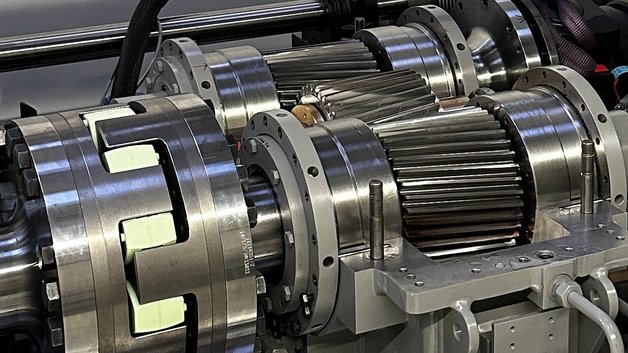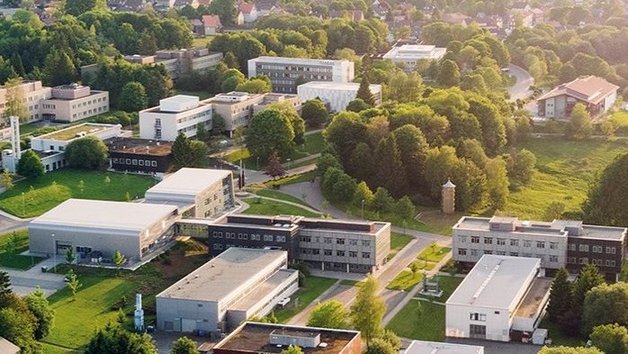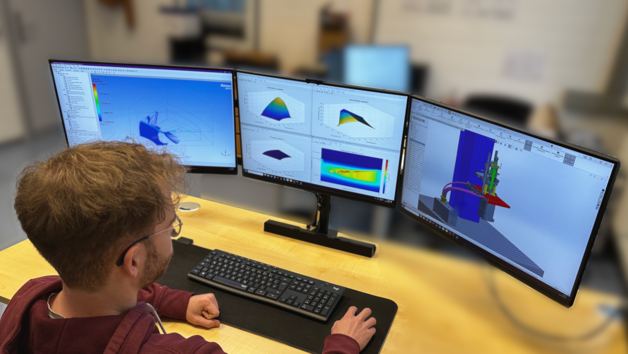The Institute of Tribology and Energy Conversion Machinery
The fundamental philosophy of the ITR is based on the conviction that the solutions to the challenges of drive technology in the context of the "circular economy" of the future can only be developed through close cooperation with industry and through the interplay of experiment and theory. The development of physical models to gain a comprehensive understanding of the system plays a decisive role in this. In addition, these models can be validated in detail with application-oriented experiments. The close cooperation with the industrial research associations Antriebstechnik FVA e. V. and Energiewandlungsmaschinen FVV e. V. provides important new ideas for this.
Importance of research in the field of tribology
Tribology is the science and technology of interacting surfaces in relative motion. It encompasses the entire field of friction and wear, including lubrication.1
In total, approx. 23% of the world's total energy consumption is caused by tribological contacts, which corresponds to approx. 119∙1018 J (exajoules). Of this, 20% is used to overcome friction and 3% due to wear and wear-related failures. The occurrence of wear can lead to catastrophic failures and malfunctions, so changing lubricants or materials, using novel methods and alternative component design creates an increased need for research and development. By using new surface, material and lubrication technologies to reduce friction and protect against wear, energy losses could be reduced by 40% and CO2 emissions by 3,140 Mt in the long term (15 years) and by 18% and 1,460 Mt in the short term (8 years).2

Experimental tribological investigations
Information on the test benches available for research at the institute.

Research at ITR in the mission statement of TU Clausthal
Science for a sustainable and climate-neutral energy and raw materials supply of the future.

Simulation of tribological systems
Information on the programmes developed at the Institute for the simulation of tribological systems.